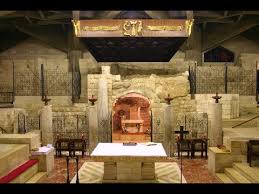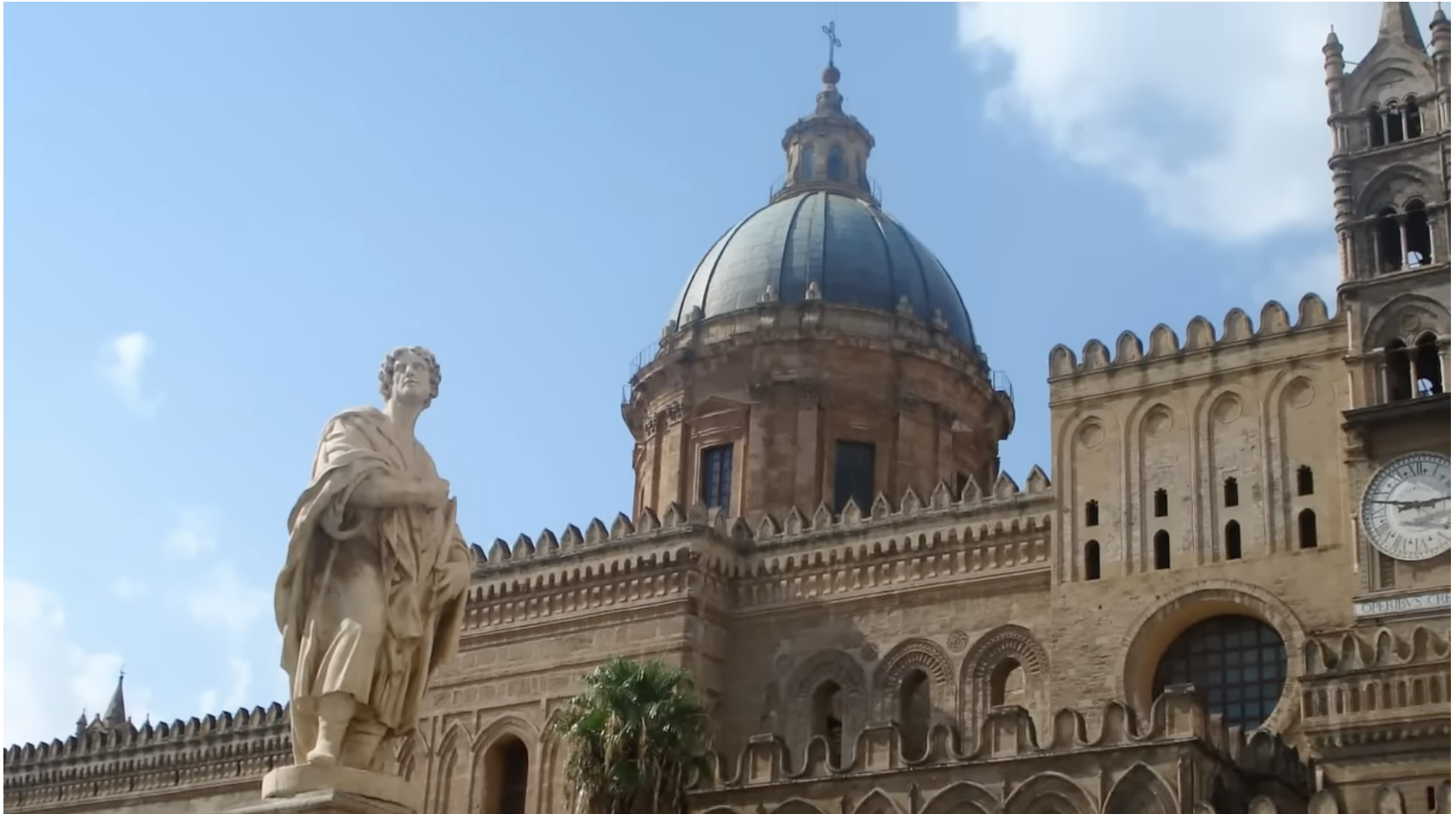We’re into the Advent season, and you may have noticed that the Mass readings are tending toward the apocalyptic. By that, I mean the readings tend to deal with the “end of time.” This emphasis is appropriate, of course, since Advent is not merely about Christ’s first coming in the Nativity, but also – and more so – a reminder that He will “come again” (as we affirm repeatedly in the Creed) at the end of time “to judge the living and the dead.”
At some point during this Advent season, there will undoubtedly be a priest somewhere with a smattering of biblical-critical trivia he picked up in seminary who will confidently inform his congregation that Paul changed his mind on the coming of Christ. Early on in his ministry, he’ll say, Paul believed Christ would return soon, during Paul’s own lifetime, as is suggested, for example (or so it seems to some), in passages such as 1 Thessalonians 4:15-17 (“we who are alive, who are left until the coming of the Lord”) and 1 Corinthians 15:51-52 (“We will not all die, but we will all be changed, in a moment, in the twinkling of an eye, at the last trumpet”).
Later, however, it is claimed, Paul supposedly came to the disappointed realization that Christ was not returning “soon,” and that he (Paul) would be dead when Christ came. This view is suggested by passages such as 2 Corinthians 5:5-8, “we know that if the earthly building we live in is destroyed. . .we would rather be away from the body and at home with the Lord,” and Philippians 1:21, 23, where Paul speaks of his desire to “depart and be with Christ which is far better.”
Confused parishioners may then be allowed to swing hopelessly in the winds of confusion. There’s nothing some people like better than showing how much more intellectually sophisticated they are than the supposedly “naive” early Christians.
Was Paul wrong then? What about the supposed “inerrancy” of the Scriptures? Does this confusion about Paul and the second coming make us question whether Christ is really coming back at all? Maybe we’ve got it all wrong. Are we, like Vladimir and Estragon in Samuel Beckett’s Waiting for Godot, endlessly and in vain waiting for the arrival of someone who will never come? It would be Oh-so-sophisticated to conclude that we are. Very stylish. Very dark. Very existential. Just not very Catholic.
Now there may well be ways of reconciling the two sets of passages from Paul’s letters I’ve quoted above, but allow me to leave that question aside for the moment and to take our opponent’s argument at its strongest.

The Catholic way of reading Scripture is based on the faith that Scriptures weren’t merely a random jumble of books by various authors gathered together by some Church bureaucrat in the Fourth Century, but that the Holy Spirit inspired all of it, so that we can use texts from one book to illuminate our reading of others.
What Christ tells us in the Gospels about the end times is that “no one knows the day or the hour” (so for the life of me I can’t figure out why people keep listening to people who claim they do); that it will “come like a thief in the night;” that in the meantime, we should, like the wise virgins, “keep oil in our lamps,” “be sober,” and “stay alert,” for when the time comes, a man on his roof won’t have time to come down and go inside. There’ll be no time for grabbing one’s coat or packing up a few nice things for the trip. When it’s time to go, it will be time to go.
So what then are we to say about these odd passages in the letters of St. Paul? Well, one thing we can say is that the Holy Spirit continues to teach us in and through them. Let us for a moment put ourselves in the mind-set of St. Paul. When will Christ return? Well, on the one hand, He might very well come during our lifetimes; indeed, it could be before the end of the day today (and I mean that very seriously).
By the same token, since “one day with the Lord is like a thousand years, and a thousand years are like one day,” it could be a million more years before his coming which (were we to do the math literally) would be something like two years and eight months in God years. (I’m not sure how long that would be in dog years. You multiply by seven, I think.)
So what does this mean concretely? It means that we should live our lives, caring for our children, planning prudently for the future, finishing our little projects, and doing all those things that we can do to be “provident” in the image of the God in whose divine providence we participate. And yet at every moment we should also be asking ourselves the ultimate existential question: If Jesus were to return right now, and I were to be asked to give an account of my life and my soul, what would I want the Lord to find me doing and thinking about?
To put this another way, if you knew that you would be dead in two months, what would you do with your time? And if it’s nothing like what you’re doing with your time now – if you would live an entirely different life – then why are you doing what you’re doing now? Is there a way, in other words, that we can develop the wisdom that many people get only in the last months of their lives at some point earlier than the last two months of our lives?
Well, as Catholics, we have Advent. Make good use of the time. It’s a gift, you know.














